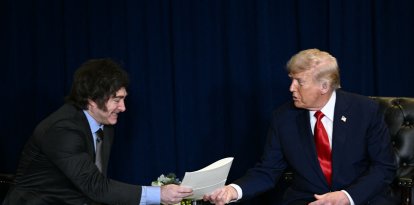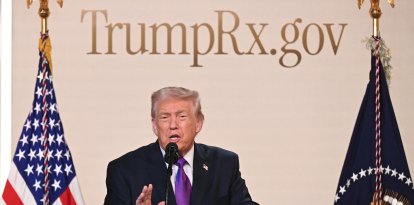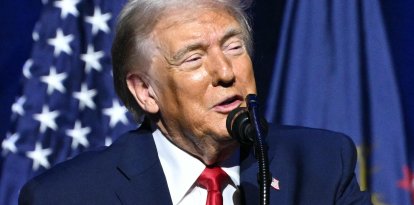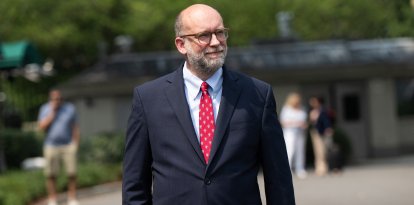Senate confirms Jay Bhattacharya, a critic of Fauci's actions during COVID, to lead NIH
The vote ended in a close 53-47, with Republicans closing ranks around Dr. Bhattacharya.
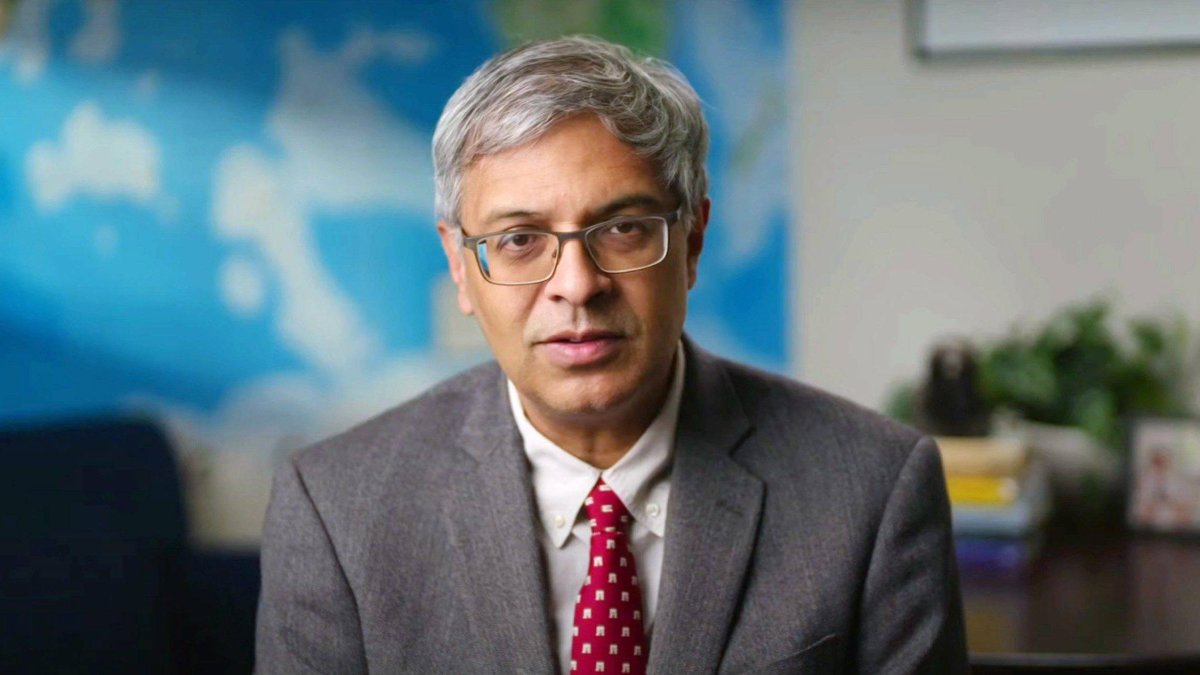
Jay Bhattacharya in a file photo
The Senate on Tuesday confirmed health researcher Jay Bhattacharya, President Donald Trump's nominee, as the next director of the National Institutes of Health (NIH).
Bhattacharya, a critic of Dr. Anthony Fauci's policies during COVID-19, was confirmed thanks to a vote that ended 53-47, with Republicans closing ranks around a nomination hotly contested by Democrats.
During the pandemic, Bhattacharya was one of the leading scientists who opposed the draconian confinement measures and mandatory masks, which were long imposed by state governments, even in the open air.

Politics
Who is Jay Bhattacharya, critic of Anthony Fauci that Trump chose for the NIH?
Joaquín Núñez
According to the Stanford researcher, such measures were counterproductive in combating the virus and, from the beginning of the pandemic, he proposed the alternative of herd immunity through the 'Great Barrington Declaration', signed together with other scientists. According to the now NIH director, that statement made him a pariah within the scientific community after prominent authorities at the time, such as former NIH director, Francis Collins; and the White House's top COVID-19 advisor, Anthony Fauci; questioned the scientists who signed that proposal, calling it irresponsible and dangerous.
But despite the criticism, Bhattacharya continued to question Fauci's policies throughout the pandemic, even claiming in early 2021 that confinements were the "biggest public health mistake we have ever made."
At the time, the researcher said the harm to people from quarantines was going to be "catastrophic" and remembered for generations.
During his confirmation hearing earlier this month, Bhattacharya recalled how he had to fight the scientific establishment to defend his positions against confinement and mandatory masks, noting that under his watch the NIH will have an environment of debate and dissent so as not to censor scientists who go against the grain.
"Dissent is the very essence of science. I will foster a culture where NIH leadership will actively encourage different perspectives and create an environment where scientists — including early career scientists — can express disagreement respectfully," Bhattacharya said during the hearing.
During his hearing the then-candidate to lead the NIH also asserted that science and public health became overly politicized in recent times, causing much of the public to lose confidence in health officials and experts.
In turn, Bhattacharya pledged to work closely with the secretary of Health and Human Services, Robert F. Kennedy Jr., to "Make America Healthy Again."


















